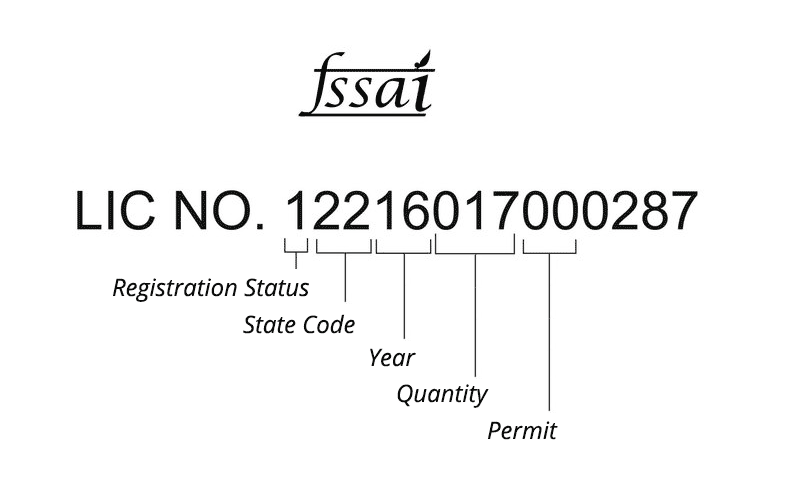Fssai Food Registration
The Food Safety and Standards Authority of India (FSSAI) is the apex food regulatory body in India, established under the Food Safety and Standards Act, 2006. FSSAI is responsible for ensuring the safety and quality of food products in India.
The Registration process for food businesses under FSSAI
1. Determine Eligibility: Before applying for FSSAI registration, determine the eligibility criteria based on the scale and nature of your food business. FSSAI has categorized food businesses into three types: - FBOs (Food Business Operators) involved in manufacturing, processing, storage, distribution, and sale of food products. - Petty Food Businesses: Small-scale food businesses such as petty retailers, temporary stallholders, etc. - Food Importers

2. FSSAI Registration or License: Depending on the eligibility criteria, you need to apply for either FSSAI registration or license. - FSSAI Registration: Small-scale food businesses, including petty retailers, vendors, hawkers, etc., can apply for FSSAI registration. The registration is granted for a period of 1 to 5 years. - FSSAI License: Medium to large-scale food businesses, including manufacturers, distributors, retailers, etc., need to apply for an FSSAI license. The license is granted for a period of 1 to 5 years.
3. Application Process: To apply for FSSAI registration or license, you need to submit an online application through the FSSAI website or the Food Licensing and Registration System (FLRS) portal. You will need to provide information about your food business, such as business name, address, food products handled, manufacturing process, etc.
4. Documentation: Along with the application form, you need to submit supporting documents such as: - Proof of identity of the applicant (Proprietor, Partner, Director, etc.) - Proof of address of the premises where the food business is conducted - List of food products handled or manufactured - FSSAI declaration form - Food safety management plan (for FSSAI license)
5. Inspection: After the submission of the application and documents, FSSAI authorities may conduct an inspection of the premises to verify compliance with food safety standards.
6. Approval and Certificate: Upon successful verification and inspection, FSSAI will issue the registration or license certificate. This certificate needs to be prominently displayed at the food business premises.
7. Renewal: FSSAI registration or license needs to be renewed before the expiry of the validity period. Renewal applications can be submitted online through the FLRS portal.
It's essential to comply with all food safety and hygiene regulations specified by FSSAI to ensure the safety and quality of food products. Non-compliance can result in penalties or even the closure of the food business. Therefore, it's advisable to consult with a qualified food safety consultant or legal expert for guidance on FSSAI registration and compliance requirements
Clients We Deal





"The firm you may trust for legal support"
Triveni DSC & Etender Service is a leading legal documentation, accounting & tax consulting firm.